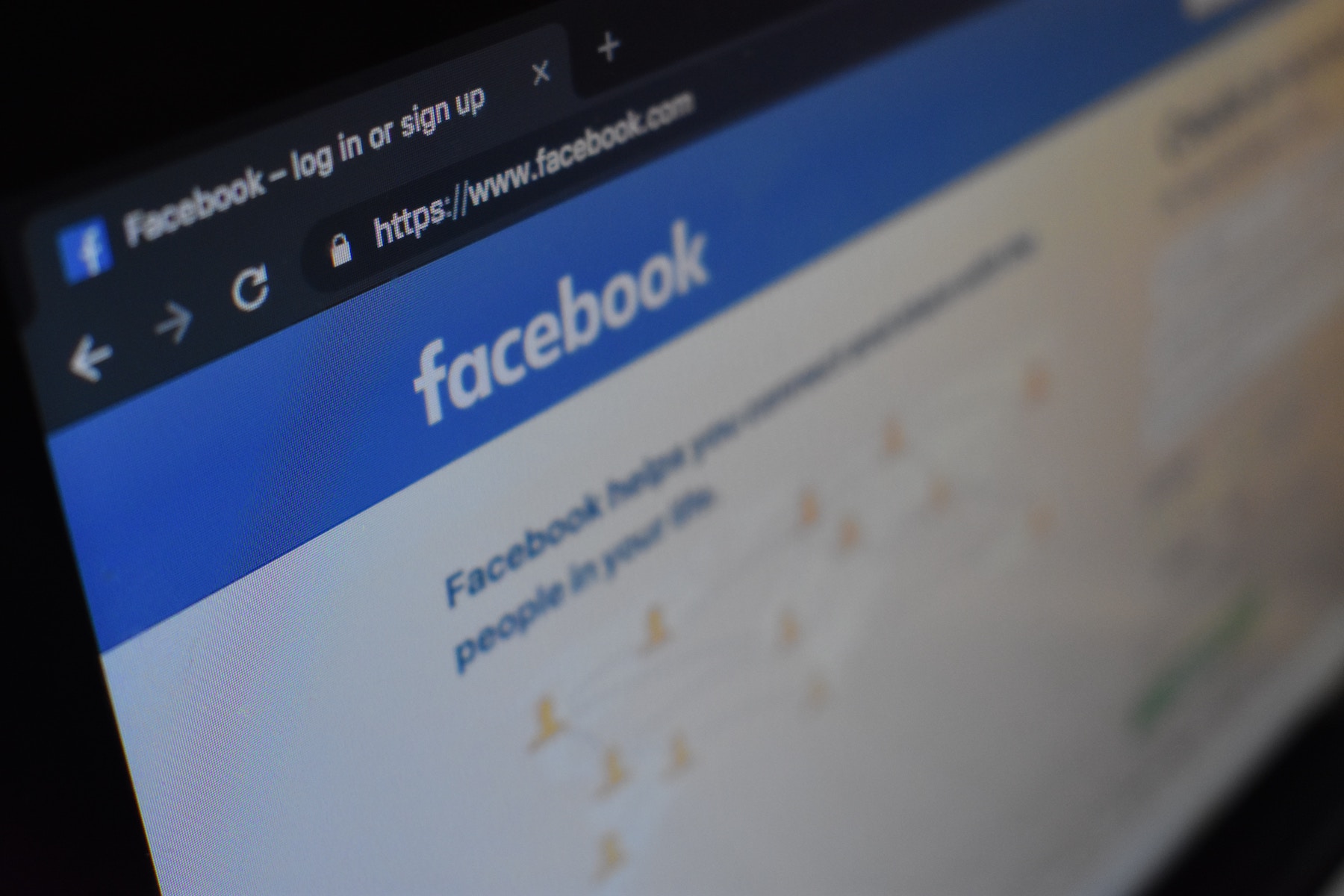Experian Hitwise released a recent study touting that 1 Facebook fan = 20 extra visits to your website. They studied top retailers, and came away with the conclusion that since big companies are winning online, anybody can just as easily. I couldn’t disagree more with their blanket statements about Social Media, and thought they hid some key findings in their study.
Just like each business is different, all Facebook campaigns aren’t created equal. Understanding your goals and setting realistic expectations are much more important than knowing the value of a fan for Coca-Cola. If you are a small to medium sized business on Facebook, you aren’t going to see these same results. If you dig a little deeper into the numbers, you’ll see what I mean.
Building your fan base on Facebook, doesn’t necessarily translate into massive amounts of traffic back to your website. The Experian Hitwise study claims ROI on average 1 Facebook fan equals 20 visits. What they failed to mention is that this is more a multiplier effect than a baseline. Even if you don’t have a Facebook fan page, large companies can still expect to see thousands of visitors from Facebook on a monthly basis.
“Our data shows that for the top retailers, even if they have no Facebook fans they can still expect to receive on average 62,000 visits from Facebook each month. However….within retail each new fan acquired will drive an additional 20 visits to a retailer’s websites, which in turn will generate extra sales both online and offline.”
I want you to go out and try something sometime. Build a website about a random product or service, and then build a matching Facebook fan page. This website can’t piggy back of a similar brand already in existence, I want you to create something that isn’t on the map at all.
The whole point of ROI is to determine a set return so that others can follow a template approach. The problem is that unless you already have 62,000 people coming from Facebook every month, you’re going to have a difficult time proving the ROI in terms of visits to a website.
Facebook is designed to be a closed system that makes money off internal traffic. If I was an executive over in Palo Alto, I might refer to users leaving Facebook as leaks. Your incoming traffic means less revenue and time on site for Facebook. Think about that.
Google beat Facebook to one billion monthly visitors, but Facebook still crushes Google in terms of time on site. It’s this same metric that drives them to want to keep users inside their system longer and longer.
So if your business revolves around getting traffic back to your website, you’re fighting a losing battle against a company bigger, better, and stronger than you. So keep that in mind whenever you hear “Social Media experts” talking about Facebook ROI for your small business.
